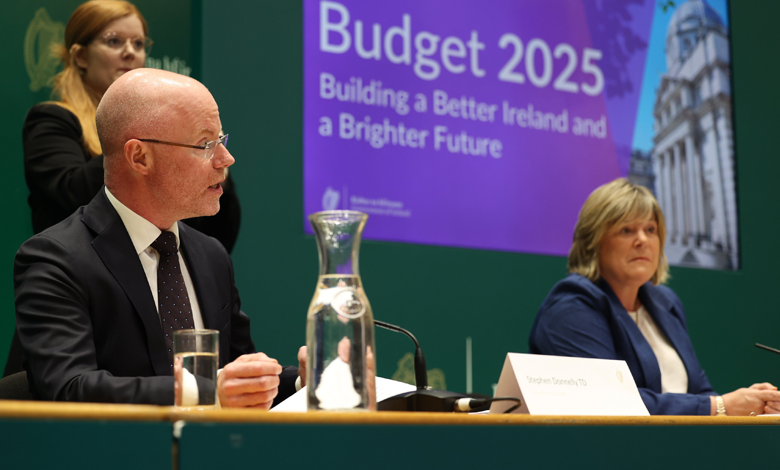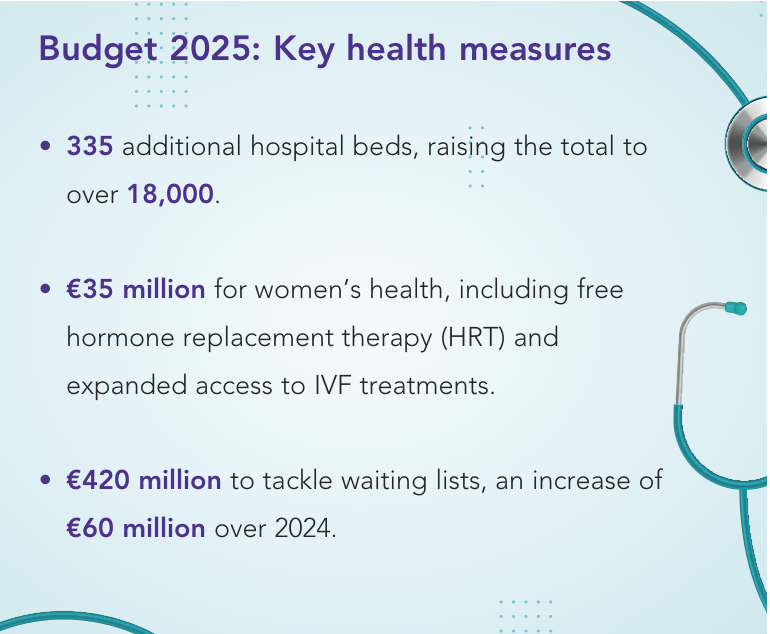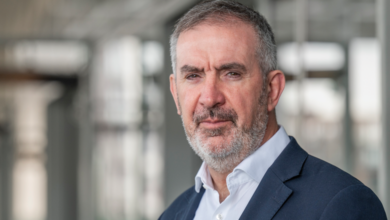Budget 2025 and what it means for healthcare in Ireland

Budget 2025 has unveiled a record €25.8 billion allocation to the health sector, marking a €2.94 billion increase compared to 2024, however, opposition voices and public health experts argue it lacks the transformative measures necessary to address Ireland’s chronic healthcare challenges.
Then-Minister for Health Stephen Donnelly lauded the budget as the largest health investment in the State’s history, emphasising its alignment with population needs.
A €2.7 billion increase in funding for the health service, secured through an agreement with the HSE earlier in the year, aims to stabilise funding and improve financial governance. Donnelly asserted: “Budget 2025 is all about making [access to healthcare] a reality for more and more patients and families.”
Mirroring this assessment, then-Minister for Public Expenditure, NDP Delivery and Reform Paschal Donohoe TD, hailed the health workforce growth as critical, highlighting a projected increase to 130,000 whole-time equivalents in 2025, a 27 per cent rise since 2019.
Opposition parties, particularly Sinn Féin, have voiced strong dissatisfaction with the health Budget. The party’s finance spokesperson Pearse Doherty TD accused the Government of failing to address the legacy of underfunding from previous years, arguing that most of the nearly €3 billion increase is needed simply to maintain services at their current levels. He stated: “When we strip all that back… it leaves €120 million for new measures.”
Doherty also lambasted the Government for what he states is its overreliance on agency staff and recruitment embargoes, which he claimed have eroded morale and the system’s ability to plan.
Sinn Féin’s alternative plan calls for measures such as:
- Universal healthcare, including 150,000 new medical cards.
- Reducing prescription costs and phasing out hospital car parking fees.
- Workforce expansion through comprehensive training investments.
Critique and analysis
Despite the Budget’s significant funding, critics argue it fails to address systemic issues such as hospital overcrowding, GP shortages, and the strain on mental health services. Social Justice Ireland described the allocation as “insufficient to meet long-term needs,” noting that rising demand due to ageing demographics and inflation will continue to outpace the healthcare system’s capacity.
Sara Burke, a health policy expert, highlighted the need for more substantial investments in primary care, particularly in underserved rural areas. While she acknowledged the increase in home care hours as a step in the right direction, she expressed concern over whether the funding would effectively address broader challenges in primary healthcare access.
Mental health advocates welcomed the €1.48 billion allocation but stressed that it falls short of addressing gaps in child and adolescent mental health services (CAMHS). Then-Minister Mary Butler TD acknowledged this challenge but emphasised the Government’s focus on transition care, suicide prevention, and youth-focused initiatives.
A recurring theme in critiques of Budget 2025 is the tension between maintaining services and enabling meaningful reform. Although the Government has prioritised short-term capacity increases such as additional beds and reduced waiting times, opposition voices argued during Budget proceedings that these measures fail to provide the structural overhaul needed for a sustainable health system.
Notably, the €1.5 billion allocated to address “2024 pressures” reflects an attempt to correct previous underfunding rather than enable new initiatives. Sinn Féin, Labour and the Social Democrats have called for a multiannual strategy to reform the two-tier system, where public patients face significantly longer waits than private ones.
While Budget 2025 has given the health service a record-breaking allocation aimed at alleviating immediate pressures, the plan is more of the same, and continues the Government’s lack of a transformative vision, as was the original vision in the Sláintecare programme.
The allocation provides incremental improvements, such as expanded services for women and older persons, but significant gaps remain in addressing GP access, hospital overcrowding, and mental health service delivery.
The debate underscores a broader struggle to balance the demands of a growing, aging population with the need for a resilient and equitable health system. While Budget 2025 continues to fund the health service and could lay the groundwork for future progress, the State’s healthcare challenges require a more visionary and reform-driven approach to ensure long-term sustainability.






